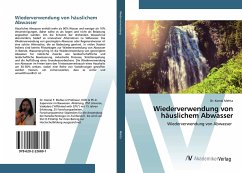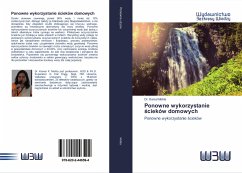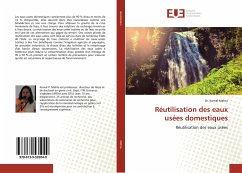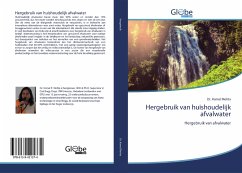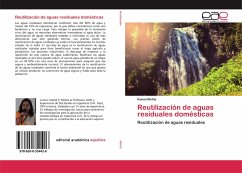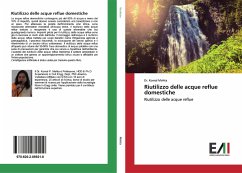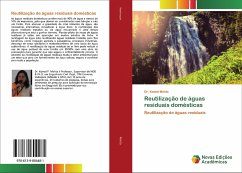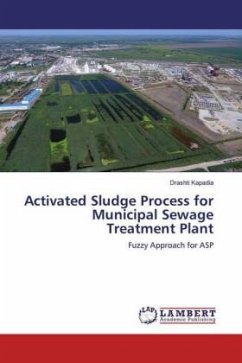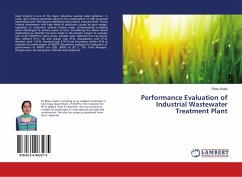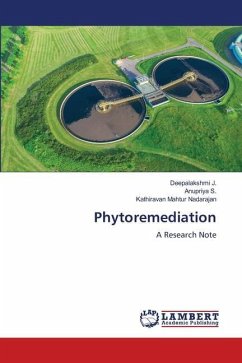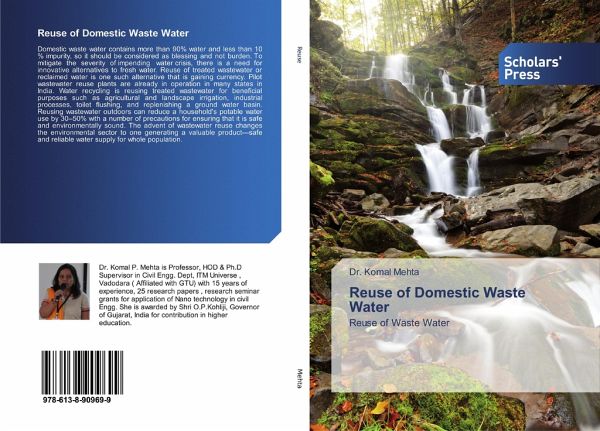
Reuse of Domestic Waste Water
Reuse of Waste Water
Versandkostenfrei!
Versandfertig in 6-10 Tagen
53,99 €
inkl. MwSt.

PAYBACK Punkte
27 °P sammeln!
Domestic waste water contains more than 90% water and less than 10 % impurity, so it should be considered as blessing and not burden. To mitigate the severity of impending water crisis, there is a need for innovative alternatives to fresh water. Reuse of treated wastewater or reclaimed water is one such alternative that is gaining currency. Pilot wastewater reuse plants are already in operation in many states in India. Water recycling is reusing treated wastewater for beneficial purposes such as agricultural and landscape irrigation, industrial processes, toilet flushing, and replenishing a gr...
Domestic waste water contains more than 90% water and less than 10 % impurity, so it should be considered as blessing and not burden. To mitigate the severity of impending water crisis, there is a need for innovative alternatives to fresh water. Reuse of treated wastewater or reclaimed water is one such alternative that is gaining currency. Pilot wastewater reuse plants are already in operation in many states in India. Water recycling is reusing treated wastewater for beneficial purposes such as agricultural and landscape irrigation, industrial processes, toilet flushing, and replenishing a ground water basin. Reusing wastewater outdoors can reduce a household's potable water use by 30-50% with a number of precautions for ensuring that it is safe and environmentally sound. The advent of wastewater reuse changes the environmental sector to one generating a valuable product-safe and reliable water supply for whole population.



